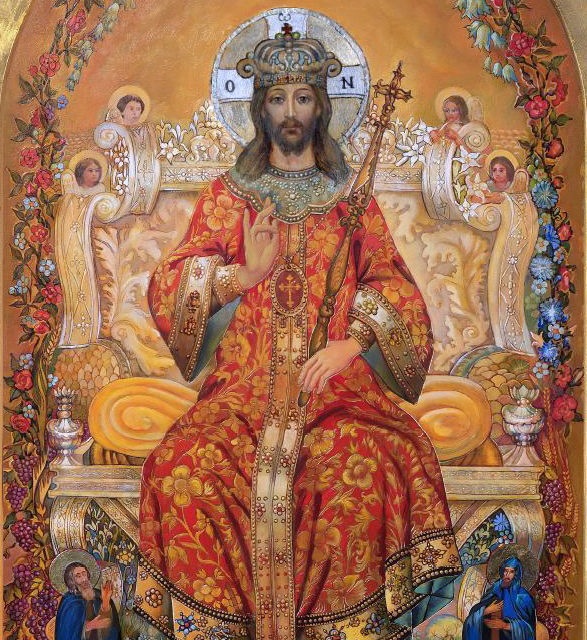During election season the nation focuses on voting for presidential candidates as a way to participate in promoting the common good. Yet, as election day draws near, the noise and distractions of political debates and ads that fill daily life can draw our gaze away from Our Lord, causing us to give in to feelings of anxiety, frustration, and even fear of what the future holds.
Yet, no matter what the outcome of the election is, and no matter what tumultuous events may occur, peace in this world can only be found in the truth that Christ is King and Lord of all things, and that He loves each one of us. As He said Himself, “All power in heaven and on earth has been given to me. Go, therefore, and make disciples of all nations, baptizing them in the name of the Father, and of the Son, and of the Holy Spirit, teaching them to observe all that I have commanded you. And behold, I am with you always, until the end of the age” (Matthew 28:18–20). Let us always keep these words in our hearts, meditate upon them, and boldly proclaim to the world the good news that Jesus is King: Viva Cristo Rey!
In this lesson your students will:
- Explore what the Catechism teaches about the Kingdom of God on earth and Christ’s Kingdom to come.
- Discuss how the Church proclaims the Kingship of Christ to the world, and how we can too.
- Examine our duties as Catholics in an election year.
- Consider how to serve Christ the King as an American citizen.
- Determine how we can proclaim Christ as King in our own daily lives.


